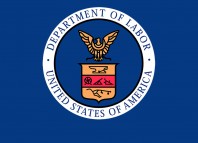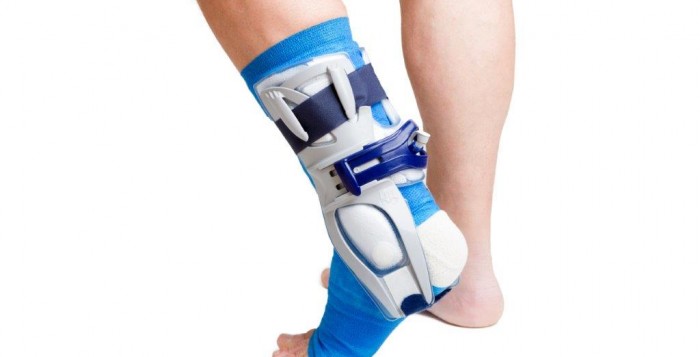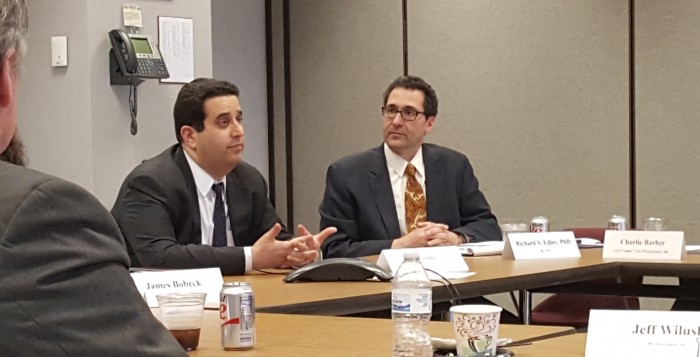The Traumatic Brain Injury (TBI) Advisory Board, which is established under section 1252 of the Federal Traumatic Brain Injury Act of 1996, will convene for their public meeting on Friday, May 5, 2017, from 10:00 am to 3:00 pm in the large conference room of the Community Center, 2nd Floor, Giant Food Store located at 2300 Linglestown Road, Harrisburg, PA 17110.
The Board assists the Department of Health in understanding and meeting the needs of persons living with traumatic brain injury and their families. This quarterly meeting will provide updates on a variety of topics including the number of people served by the Department of Health’s Head Injury Program (HIP). In addition, meeting participants will discuss budgetary and programmatic issues, community programs relating to traumatic brain injury, and available advocacy opportunities.
For additional information, or for persons with a disability who wish to attend the meeting and require an auxiliary aid, service, or other accommodation to do so, contact Michael Yakum, Division of Community Systems Development and Outreach, 717-772-2763, or for speech and/or hearing impaired persons, contact V/TT 717-783-6514 or the Pennsylvania AT&T Relay Service at 800-654-5984.


















